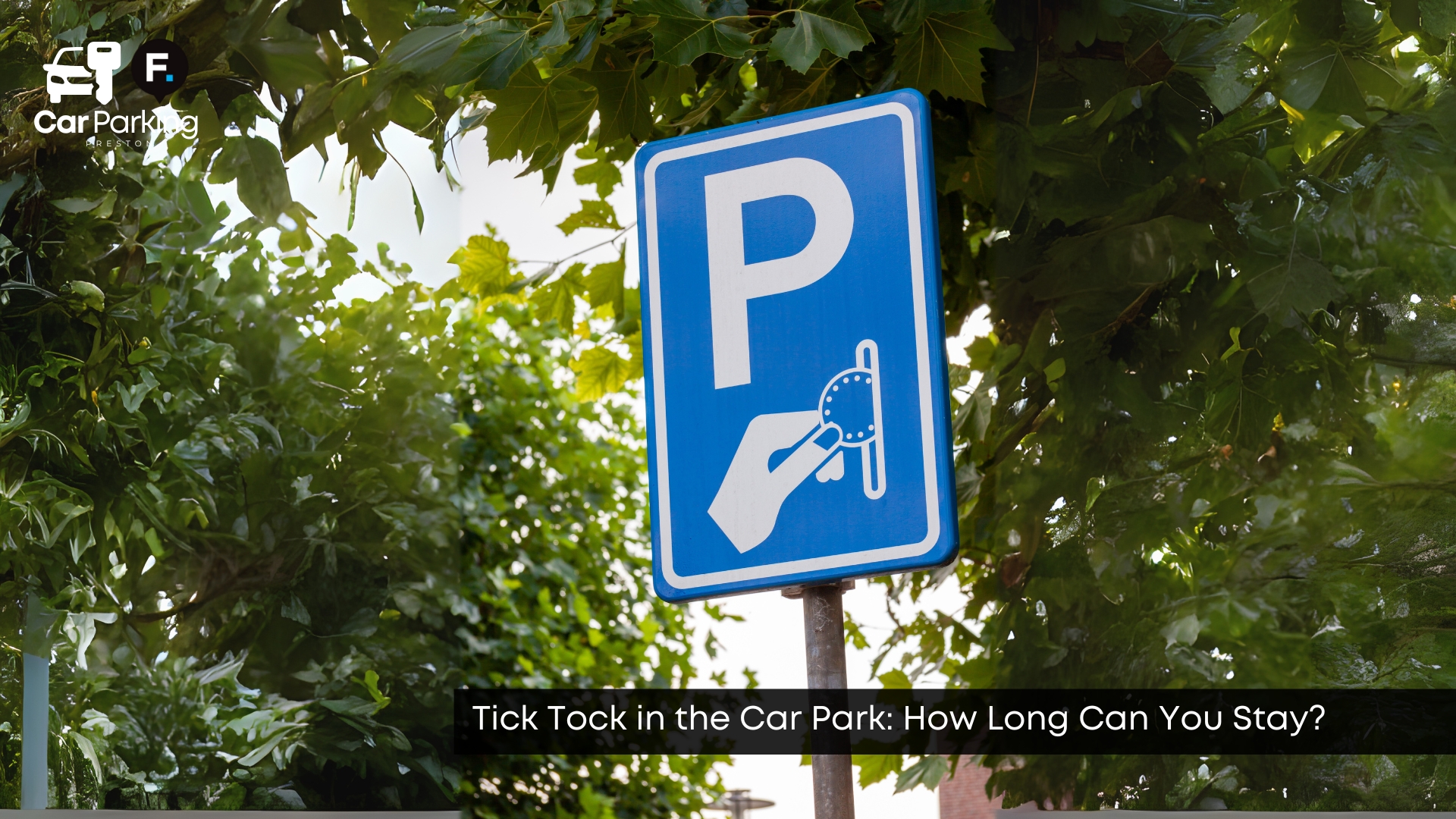Every minute counts when you are parking in a busy town or outside a shop. Whether the car park is free or paid, there is usually a time limit you must follow. Staying too long can result in fines, warnings, or even a ban on returning. This guide explains the duration of stay in various car parks, the rules governing them, and how to avoid overstaying by mistake.
What Does ‘Maximum Stay’ Mean in a Car Park?
Maximum stay refers to the longest period you are permitted to leave your car in a car park. After that time passes, you may face a fine or a warning. The site owner or operator sets the limit, depending on how the space is used. Some places use short-term limits to ensure spaces stay available. These limits can vary, especially in retail or city centre parking areas.
How Long Can You Stay in a Free Car Park?
Most free car parks in the UK allow stays from 30 minutes to 3 hours, depending on location. Local councils often use short time slots to help share space fairly. If the limit is two hours, staying even a few minutes longer could result in a fine. Check signs near the entrance or pay machines to confirm the time. Knowing the free limit is the first step to avoiding issues.
Do Supermarket Car Parks Have Strict Time Limits?
Yes, most supermarket car parks have clear limits, typically ranging from 90 minutes to 2 hours. These rules help prevent non-shoppers from taking up spaces. Some sites use automatic cameras to track when you enter and leave. If you stay too long, a penalty notice might be posted to your home. These sites often explain the rules on large boards, so check carefully on arrival.
What Happens If You Overstay in a Private Car Park?
Overstaying in a private car park typically results in a Parking Charge Notice (PCN). Private companies issue these and appear official, although they are not actual criminal fines. If you believe the charge is unfair, you may appeal it. However, ignoring it could result in additional fees or even court action. Understanding your rights and time limits can save you stress in the future.
Are You Allowed a Grace Period After Parking Time Ends?
Yes, in many car parks, a grace period of 5 to 10 minutes is given after your time ends. This allows time to return to your car, load your shopping, or leave the space. The British Parking Association supports this in its code of practice. But not all operators follow it. A short grace period is helpful, but you should not rely on it completely.
Can ANPR Cameras Track How Long You Stay?
Yes, many modern car parks use Automatic Number Plate Recognition (ANPR) to log entry and exit times. These cameras work by reading your license plate and matching it to a timestamp. If you exceed the limit, the system issues a fine. ANPR is very accurate, so even small overstays can trigger a penalty. Knowing whether a car park uses this system helps you plan better.
What Should You Do If You Get a Parking Fine?
If you receive a fine, read it carefully to understand which rule was broken. You may pay it quickly at a lower rate or appeal if you have proof of an error. Appeals are easier when you have photos or receipts to support your claim. Ignoring a fine can lead to more trouble. The best course of action is to act quickly and remain calm.
Are Time Limits Clearly Shown in Every Car Park?
Time limits should be displayed at entrances and around the car park. These signs often include the allowed time, charges, and the name of the site operator. If there are no signs, it may be unclear whether enforcement applies. Always look for rules before leaving your car. Being aware of the signage helps prevent surprise penalties.
Do Time Limits Vary Between Public and Private Car Parks?
Yes, public car parks run by councils often have fixed hours and clearer rules. Private sites can vary widely, with different limits and fees. Some retail parks or gyms allow longer stays for customers. Public sites are generally easier to appeal if an error occurs. Knowing who manages the site can explain why rules feel different, especially when considering the role of a car park attendant in managing time limits.
How Can You Keep Track of Your Parking Time?
Use a phone timer or parking app to stay within your time limit. Many apps send alerts before your time runs out. You can also take a photo of the time you parked or set a dashboard note to document your parking time. Being aware of the time helps avoid accidental overstays. It’s a small habit that can save you a significant amount of money.
Can You Appeal a Fine for Staying Too Long?
Yes, most fines allow an appeal process where you can explain your case. If you had a valid reason or never saw the signs, provide evidence to support your claim. This might include a receipt, medical note, or photo of unclear signage. Appeals don’t always win, but they’re worth trying in honest cases. Follow the instructions given on the fine to start the process.
What Tips Help Avoid Overstaying and Extra Charges?
Here are a few simple tips:
- Always check the signs on arrival.
- Use a parking app with time reminders to help you stay on schedule.
- Set a phone timer when you leave the car.
- Return to your car at least 5 minutes before the scheduled departure time.
- Avoid high-risk locations if you’re unsure of the rules.
These habits keep parking stress to a minimum. If you’re staying longer than usual, consider long stay parking in Preston for full-day visits. They also give you peace of mind during busy days out.
Why Is It Important to Know the Parking Duration Rules?
Knowing the rules means fewer surprises and no unexpected fines. It helps you plan your visit and choose the best spot for your needs. Whether you’re shopping, commuting, or exploring, understanding time limits is key. When parking feels simple and clear, your whole journey becomes more relaxed. Exploring parking options across Preston that work for you makes planning ahead even easier.


Leave a Reply